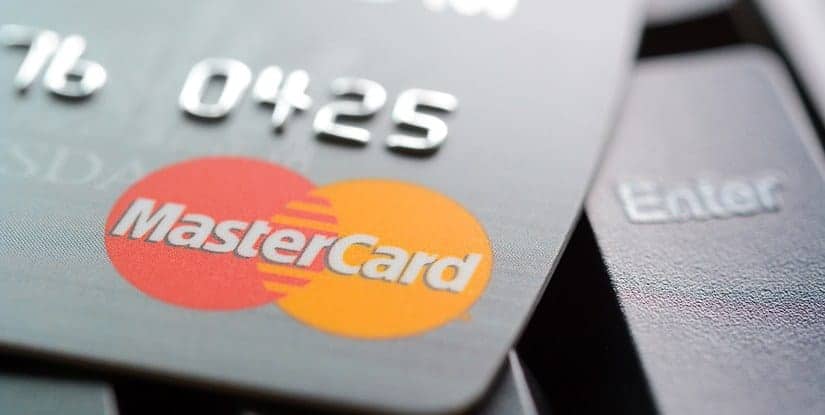Altcoins and cryptocurrencies have been wildly popular on the internet, but that hasn’t translated to the same optimism in the traditional financial industry. However, recent news has traditional finance sector roiling: Mastercard has recently decided it will work with altcoins—but only certain kinds of altcoins.
Mastercard’s Decision
Mastercard’s decision is simple. It will work with and accept cryptocurrencies—provided they’re backed by a government. Of course, that rules out almost every altcoin on the market since most of them are built off of bitcoin. Remember, bitcoin is as much a political experiment by libertarians to see how a decentralized currency supported and ran by those that spend it would work as it is a financial asset. To quite a few of the early cryptocurrency investors, the very idea of a government-backed altcoin is unappealing.
To be fair, Mastercard’s statement is driven by law as much by desire. Keep in mind, payment processors need to abide by currency laws across the globe, and as the regulatory and legal environment rapidly changes around altcoins, it may just simply be too much for them to track. On the flip side, however, government-backed cryptocurrencies largely don’t exist. Several governments have flirted with the idea, and some, like the government of Estonia, have even announced plans for it. But to date, Venezuela is the only country with a government-backed cryptocurrency—the petro, which is tied to its oil industry.
So, Mastercard has sort of committed to cryptocurrency trading. But what will this mean in the long-term?
A More Viable Cryptocurrency?
Where the rubber meets the road, that is, buying and selling altcoins, Mastercard has a fairly clear stance: It recently classified buying coins on credit as “cash advance,” adding a 5% fee to the transaction. So it’s unlikely you’ll be able to pay off your balance with bitcoin tomorrow unless you turn it into fiat currency.
However, it’s also a clear announcement that Mastercard is at least open to these forms of currency, provided there’s a place where the buck stops. One of the key disadvantages of altcoins, from a financial industry perspective, is that there’s no “backstop.” If somebody steals your dollars, the FDIC replaces the deposits, and the FBI investigates the theft. If somebody steals your altcoins, well, you might get a sweet little sympathy card from the online community, but that’s about it.
That risk of theft is daunting for payment processors. Remember, when something is stolen via credit card, and $16 billion is stolen just from consumers, it’s often the credit card industry which pays the bill. Altcoins are simply a giant risk, for them, and not one they can ignore. But they’ve sent a signal, here, that if the risk can be mitigated, they’re more willing to work with them. And it may open up a whole new gold rush, as institutional investors and governments work out the most effective way to adapt their fiat currencies to the new technology.





